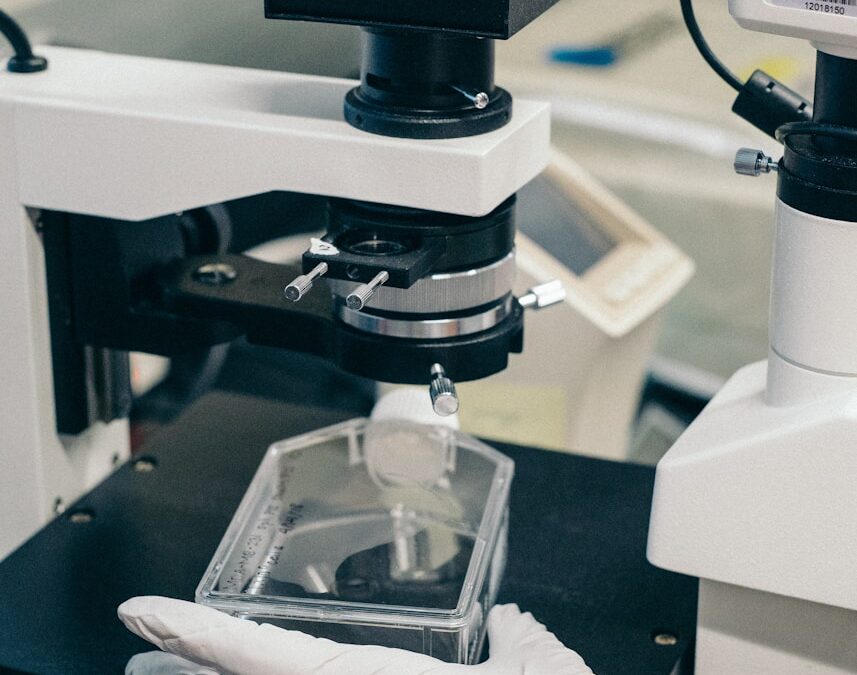Understanding the Need for Interdisciplinary Collaboration in Biotechnology
Interdisciplinary collaboration in biotechnology is crucial as the field continues to evolve and address complex challenges. Biotechnology, which merges biological sciences with technology, is inherently interdisciplinary, involving experts from diverse fields such as genetics, bioinformatics, engineering, and environmental science. This cross-disciplinary approach is essential for tackling the multifaceted ethical and environmental issues that arise as biotechnological innovations advance. Effective collaboration ensures that all relevant perspectives are considered, leading to more comprehensive solutions and fostering innovation that is both ethically sound and environmentally sustainable.
As biotechnological research progresses, it often intersects with other disciplines such as law, economics, and public policy. These interactions highlight the need for a collaborative approach to address the ethical and regulatory challenges associated with new technologies. For instance, the development of genetically modified organisms (GMOs) and synthetic biology applications requires input from environmental scientists to evaluate potential ecological impacts, while legal experts ensure that ethical guidelines and regulatory standards are met. This holistic perspective helps mitigate risks and ensures that biotechnological advancements benefit society without unintended negative consequences.
Furthermore, interdisciplinary collaboration can drive innovation by integrating diverse expertise and perspectives. For example, combining knowledge from molecular biology and computational sciences can lead to breakthroughs in personalized medicine, while insights from ethics and social sciences can guide the development of technologies that align with societal values. By fostering collaboration across disciplines, biotechnology can advance more responsibly and effectively, addressing both the potential benefits and challenges associated with new technologies.
Implementing Effective Strategies for Interdisciplinary Collaboration
One of the most effective strategies for enhancing interdisciplinary collaboration in biotechnology is the formation of cross-disciplinary research teams. These teams bring together experts from various fields to work on common projects, leveraging their combined knowledge to tackle complex problems. For instance, a research team focused on developing new biotechnological solutions for environmental sustainability might include biologists, environmental scientists, engineers, and ethicists. This diverse expertise ensures that all aspects of a project are thoroughly examined, from technical feasibility to ethical considerations and environmental impact.
Successful cross-disciplinary teams are characterized by open communication and mutual respect among members. Establishing clear goals and roles within the team helps align efforts and facilitate collaboration. Regular meetings and updates ensure that all team members are informed about progress and can contribute their insights. By fostering a collaborative environment, research teams can navigate the complexities of biotechnology more effectively and achieve innovative solutions that address both technical and ethical challenges.
Promoting Collaborative Innovation through Partnerships
In addition to forming research teams, fostering collaborative innovation through partnerships with academic institutions, industry leaders, and government agencies can significantly enhance the impact of biotechnological advancements. Partnerships provide access to additional resources, expertise, and funding, enabling more comprehensive research and development efforts. For example, collaborations between universities and biotechnology companies can accelerate the translation of research findings into practical applications, while partnerships with regulatory bodies ensure that new technologies meet ethical and safety standards.
Collaborative innovation also involves engaging with stakeholders and the public to gather diverse perspectives on biotechnological developments. Public engagement helps address societal concerns and ensures that technological advancements align with community values and expectations. By involving a broad range of stakeholders in the innovation process, biotechnology can achieve greater acceptance and support, ultimately leading to more successful and sustainable outcomes.
In conclusion, interdisciplinary collaboration is vital for addressing the ethical and environmental considerations associated with biotechnology. By forming cross-disciplinary research teams and fostering partnerships, the field can advance more responsibly and effectively. This collaborative approach not only enhances the development of innovative technologies but also ensures that they are aligned with societal values and environmental sustainability. As biotechnology continues to evolve, embracing interdisciplinary collaboration will be key to navigating the challenges and opportunities that lie ahead.
#InterdisciplinaryCollaboration, #Biotechnology, #EthicalConsiderations, #EnvironmentalImpact, #SustainableBiotechnology, #CollaborativeInnovation, #CrossDisciplinaryResearch, #BiotechEthics, #EnvironmentalEthics, #InnovationInBiotech













